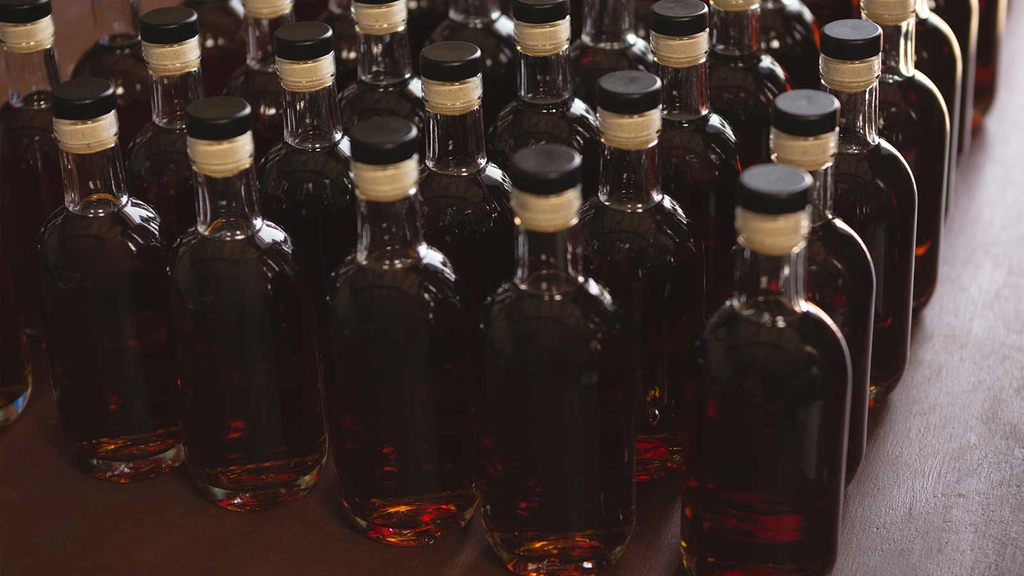Gin Timeline
(circa 150 BC)
Distillation begins.
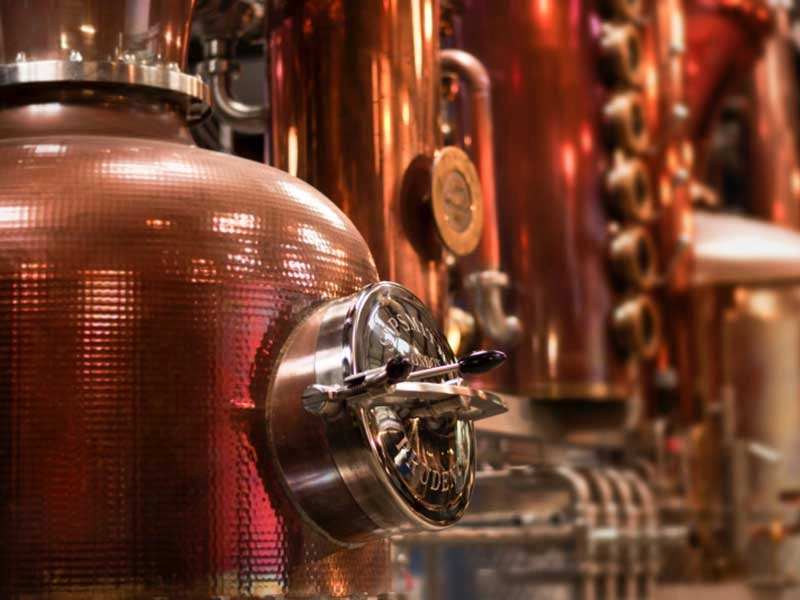
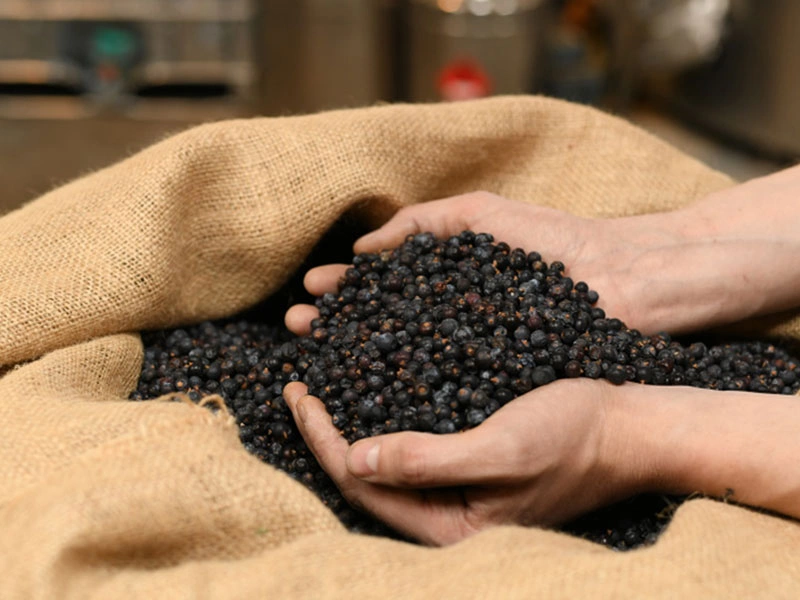
11th Century AD
Monks in Salerno are using juniper based spirits as medicine
15th Century AD
Genever becomes the first recreational use of spirits + juniper
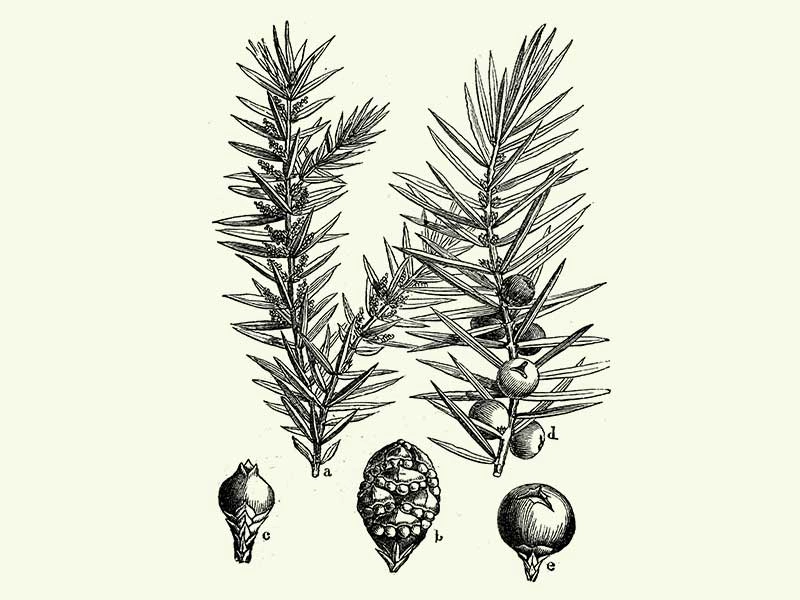
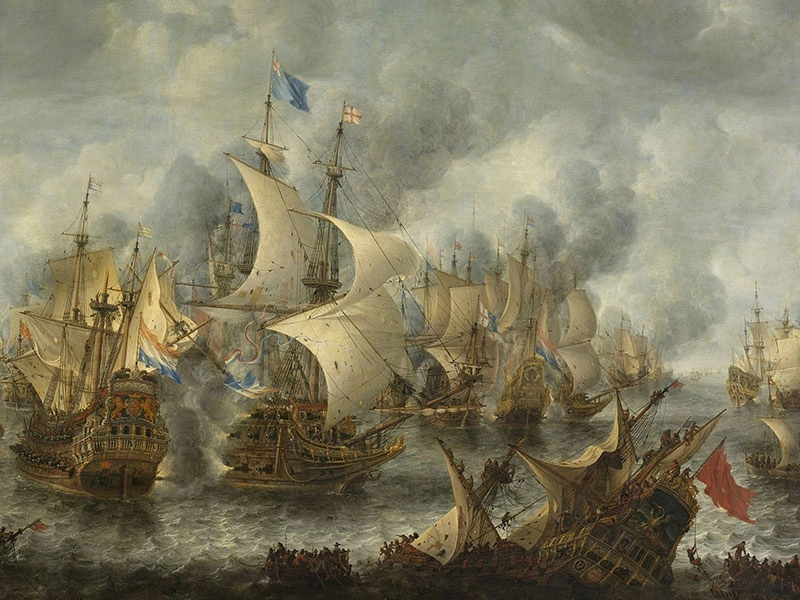
Late 1500s – early 1600s
The Dutch Wars when English troops were introduced to gin
1689
Following the ascension of William of Orange in England, gin replaces brandy & anise as local distillation of spirits is promoted
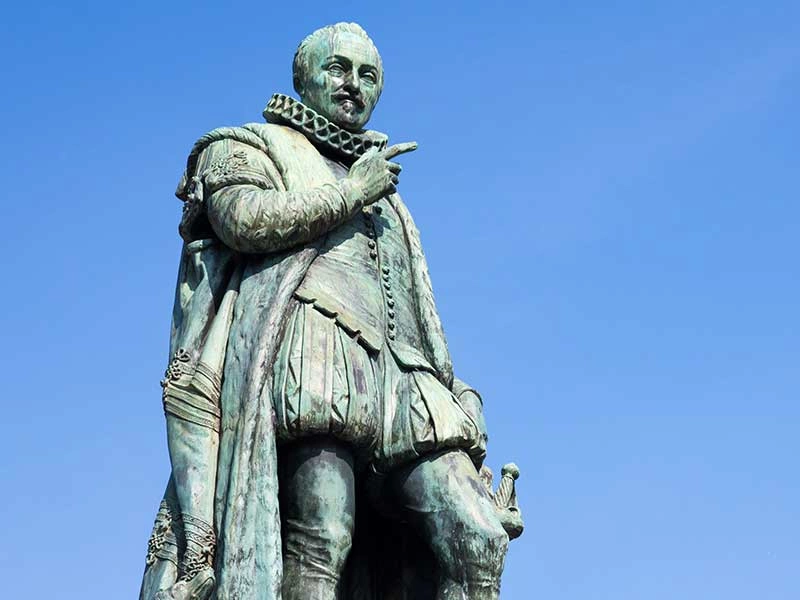
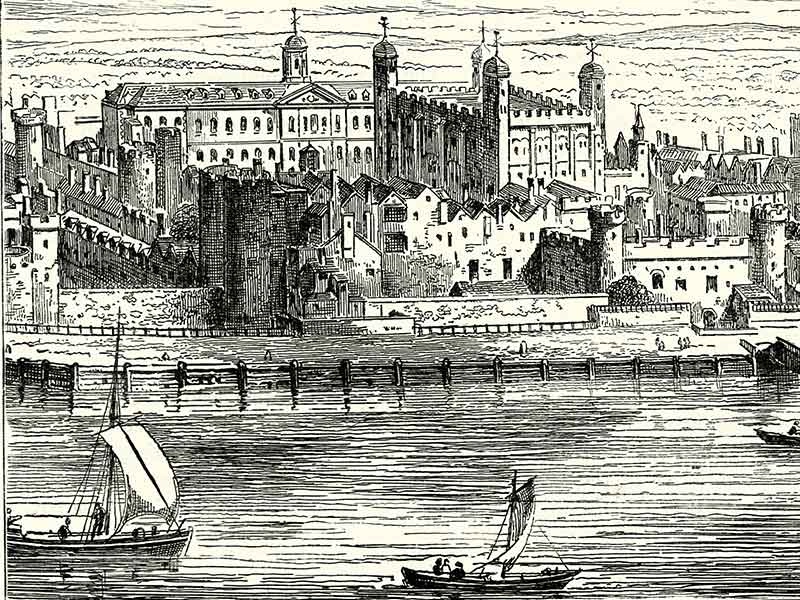
1720
Gin Craze grips London with the average adult consuming 3 litres of gin a week
1751
William Hogarth’s Gin Lane depicts the evils of gin
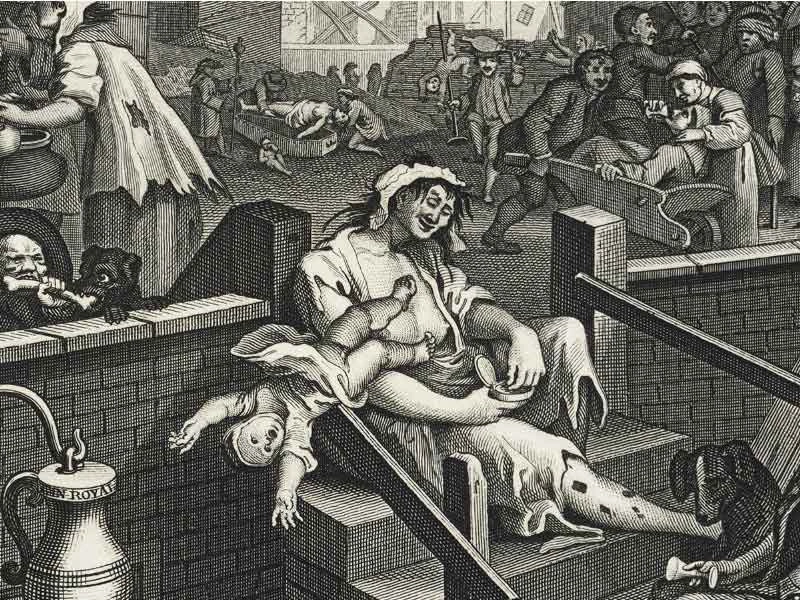
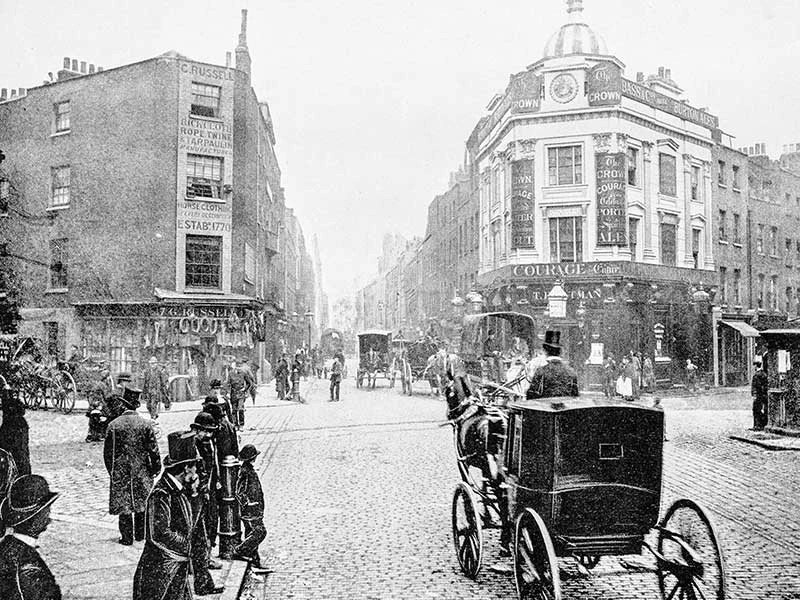
1761-1803
A new era of gin begins after English gin production was brought under control by limiting licenses to those who can distil to only larger producers.
circa 1825
Gin met its perfect match in the form of tonic water - a quinine-based drink that was given to British troops stationed in colonial India to help prevent and treat malaria.
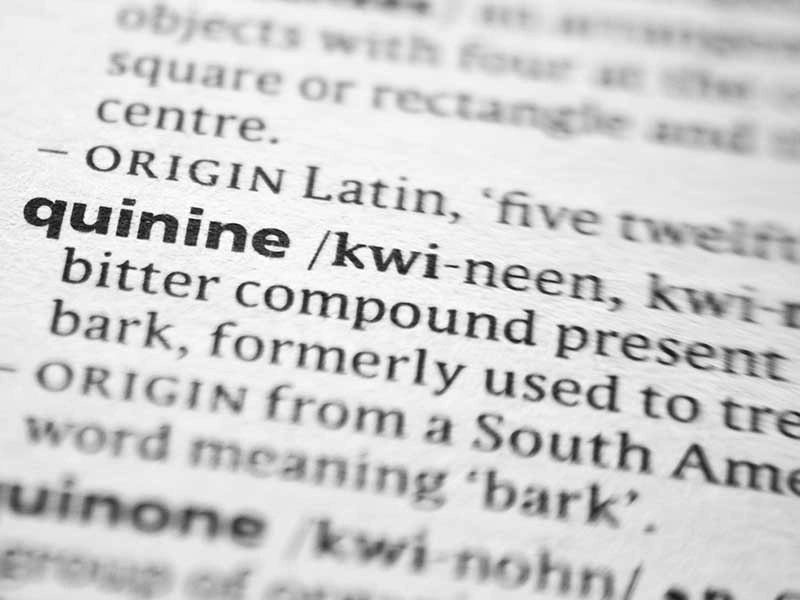
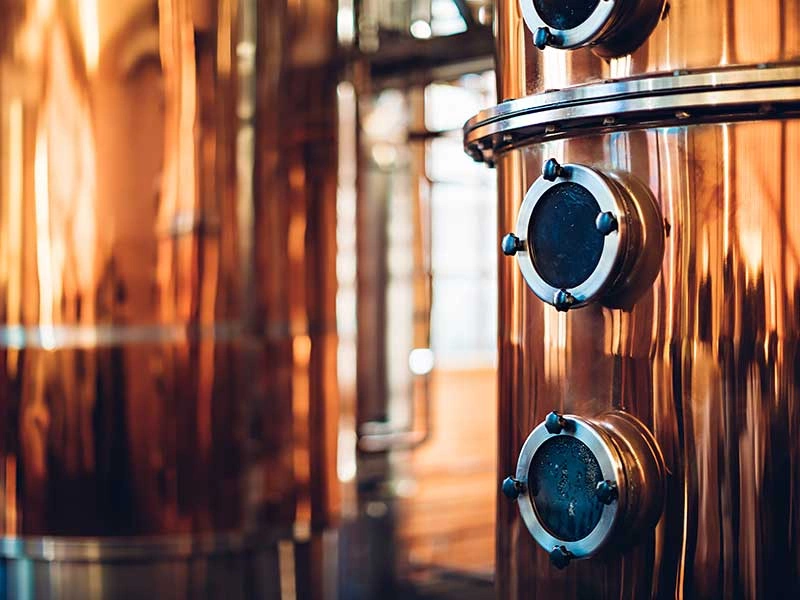
1830's
Column Still patented and the quality of gin vastly improves. Gin Palaces become popular, and help to elevate gin’s status.
1860's
Cocktails become popular, with gin as the most common ingredient.
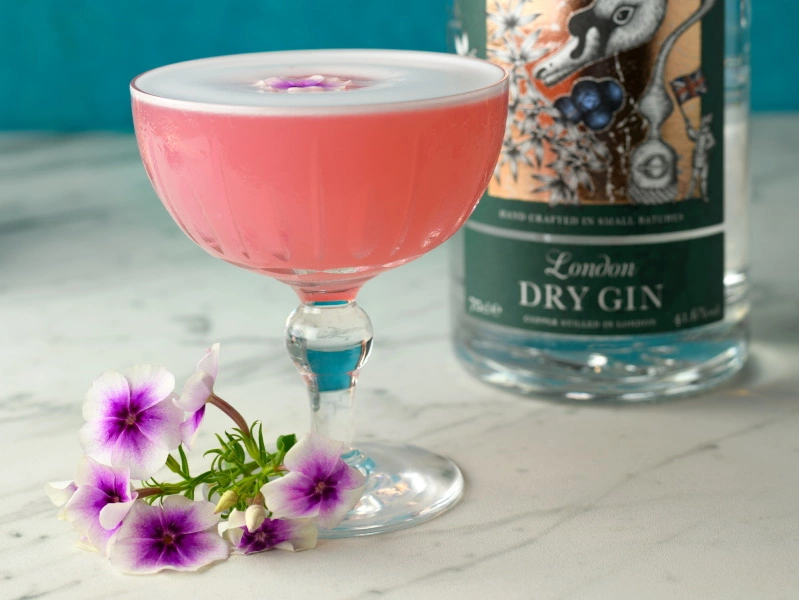
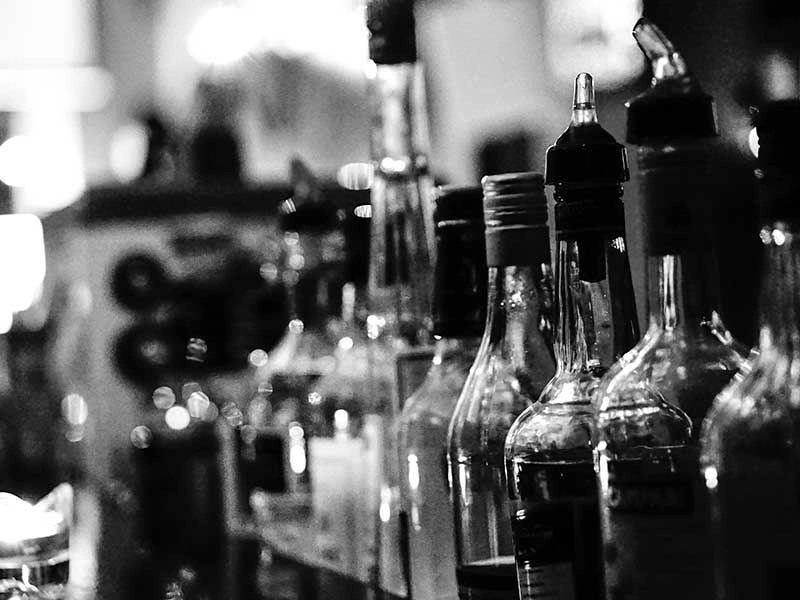
1960's
Gin falls out of favour in the second half of the 20th century as people reject juniper in favour of more delicate spirits.
1990's
A gin comeback emerges as a number of new brands hit the market and established brands enjoy a revival.
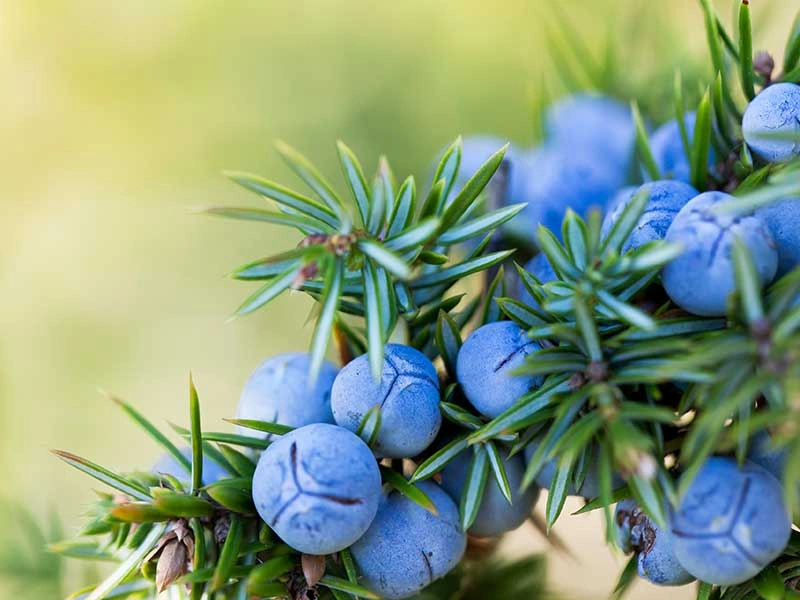
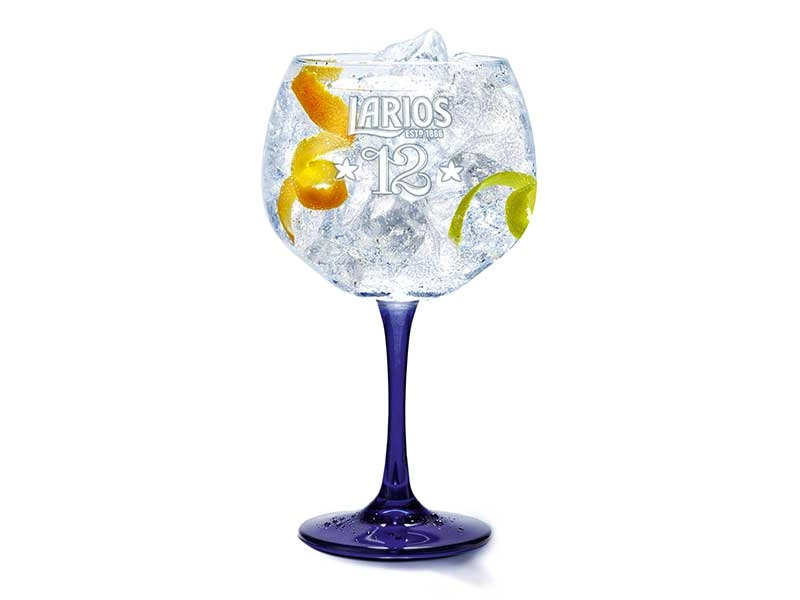
2000's
Spanish gin boom with Copa glass serve and imaginative garnishes.
2000's
The term ‘Western Gin’ arises with a focus of innovative botanicals and general reduction in Juniper-lead gins.
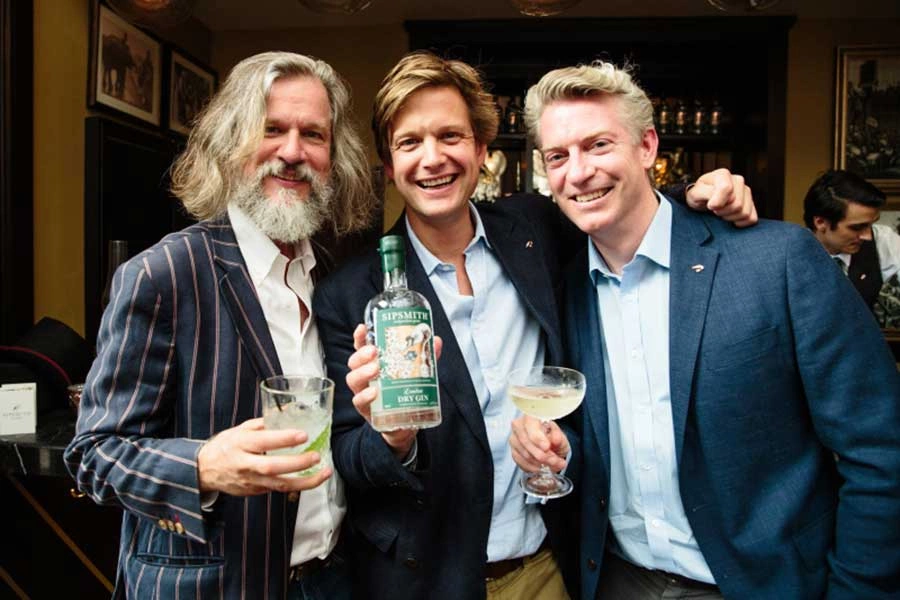

(circa 150 BC)
Distillation begins.

11th Century AD
Monks in Salerno are using juniper based spirits as medicine

15th Century AD
Genever becomes the first recreational use of spirits + juniper

Late 1500s – early 1600s
The Dutch Wars when English troops were introduced to gin

1689
Following the ascension of William of Orange in England, gin replaces brandy & anise as local distillation of spirits is promoted

1720
Gin Craze grips London with the average adult consuming 3 litres of gin a week

1751
William Hogarth’s Gin Lane depicts the evils of gin

1761-1803
A new era of gin begins after English gin production was brought under control by limiting licenses to those who can distil to only larger producers.

circa 1825
Gin met its perfect match in the form of tonic water - a quinine-based drink that was given to British troops stationed in colonial India to help prevent and treat malaria.

1830's
Column Still patented and the quality of gin vastly improves. Gin Palaces become popular, and help to elevate gin’s status.

1860's
Cocktails become popular, with gin as the most common ingredient.

1960's
Gin falls out of favour in the second half of the 20th century as people reject juniper in favour of more delicate spirits.

1990's
A gin comeback emerges as a number of new brands hit the market and established brands enjoy a revival.

2000's
Spanish gin boom with Copa glass serve and imaginative garnishes.

2000's
The term ‘Western Gin’ arises with a focus of innovative botanicals and general reduction in Juniper-lead gins.

